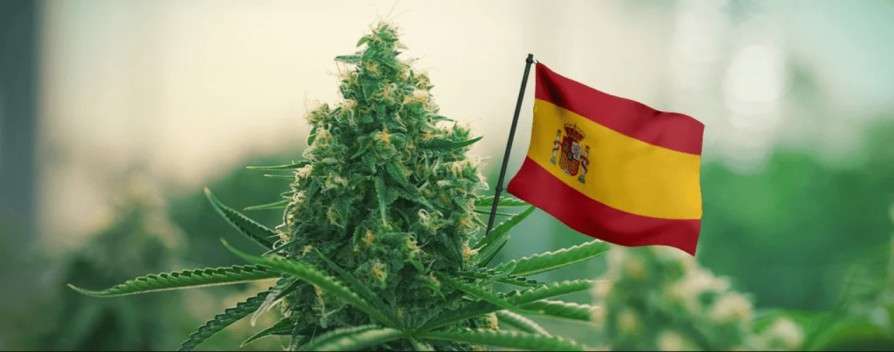In the ever-evolving landscape of cannabis culture, two European cities stand out as pioneers: Barcelona and Amsterdam. As we explore the nuances of their cannabis scenes, we’ll delve into the distinctive realms of Cannabis Social Clubs in Barcelona and Coffeeshops in Amsterdam, revealing the unique dynamics that shape these iconic destinations for cannabis enthusiasts.
Cannabis Social Clubs in Barcelona: A Local Perspective
Origins and Community Bonding
Cannabis Social Clubs (CSCs) in Barcelona have their roots embedded in local communities. Originating as collectives of like-minded individuals, these clubs emphasize a sense of belonging and shared values. Members actively participate in the cultivation process, fostering a communal atmosphere.
Membership and Legal Framework
Membership is a cornerstone of Barcelona’s CSCs. Unlike traditional dispensaries, CSCs require individuals to become members, creating a more exclusive environment. The legal landscape in Spain allows for the private, non-profit cultivation and consumption of cannabis within these clubs, providing a unique approach to cannabis legality.
Diverse Offerings: Strains and Experiences
The wide array of cannabis strains available within Barcelona’s CSCs reflects the diverse preferences of its members. From relaxing indicas to invigorating sativas, the clubs cater to a spectrum of tastes. Beyond the cannabis itself, many CSCs host events and activities, creating a multifaceted experience for their members.
Coffeeshops in Amsterdam: The Dutch Cannabis Haven
Global Icon and Tourism Magnet
Amsterdam’s Coffeeshops have attained global fame, drawing cannabis enthusiasts from around the world. The city’s progressive stance on cannabis, coupled with the allure of its historic streets, has transformed Amsterdam into a mecca for those seeking a laid-back, cannabis-friendly environment.
Accessibility and Tourist-Friendly Policies
Unlike Barcelona’s CSCs, Amsterdam’s Coffeeshops are accessible to tourists. The Dutch city’s pragmatic policies acknowledge and embrace the influx of international visitors seeking a cannabis experience. This accessibility has contributed significantly to Amsterdam’s status as a global cannabis destination.
Cultural Integration: Coffeeshops as Social Hubs
Amsterdam’s Coffeeshops go beyond being just cannabis dispensaries; they function as integral parts of the city’s social fabric. Patrons can enjoy a cup of coffee, connect with locals, and immerse themselves in the city’s rich cultural tapestry, creating an inclusive and welcoming atmosphere.
Comparative Analysis: Barcelona vs. Amsterdam
Legal Frameworks and Cultural Influences
Barcelona’s CSCs operate within a legal framework that emphasizes community and private cultivation. In contrast, Amsterdam’s Coffeeshops operate under a regulated system that embraces tourism. The legal nuances in each city significantly impact the cultural integration of cannabis within their respective societies.
Exclusivity vs. Inclusivity
The membership-based model of Barcelona’s CSCs promotes exclusivity, allowing for a more intimate community experience. Conversely, Amsterdam’s Coffeeshops, with their open-door policies, foster inclusivity, creating spaces where locals and tourists can coalesce.
Cultural Immersion vs. Global Appeal
While Barcelona provides a deeper cultural immersion through its CSCs, Amsterdam’s Coffeeshops cater to a global audience. The latter’s tourism-friendly approach has positioned it as a universally recognized cannabis destination, transcending cultural boundaries.
Conclusion: Navigating Cannabis Culture
In conclusion, the cannabis scenes in Barcelona and Amsterdam offer distinct experiences shaped by their legal frameworks, cultural influences, and approaches to community building. Whether you seek the exclusivity of Barcelona’s CSCs or the inclusivity of Amsterdam’s Coffeeshops, both cities stand as beacons in the global cannabis landscape.




